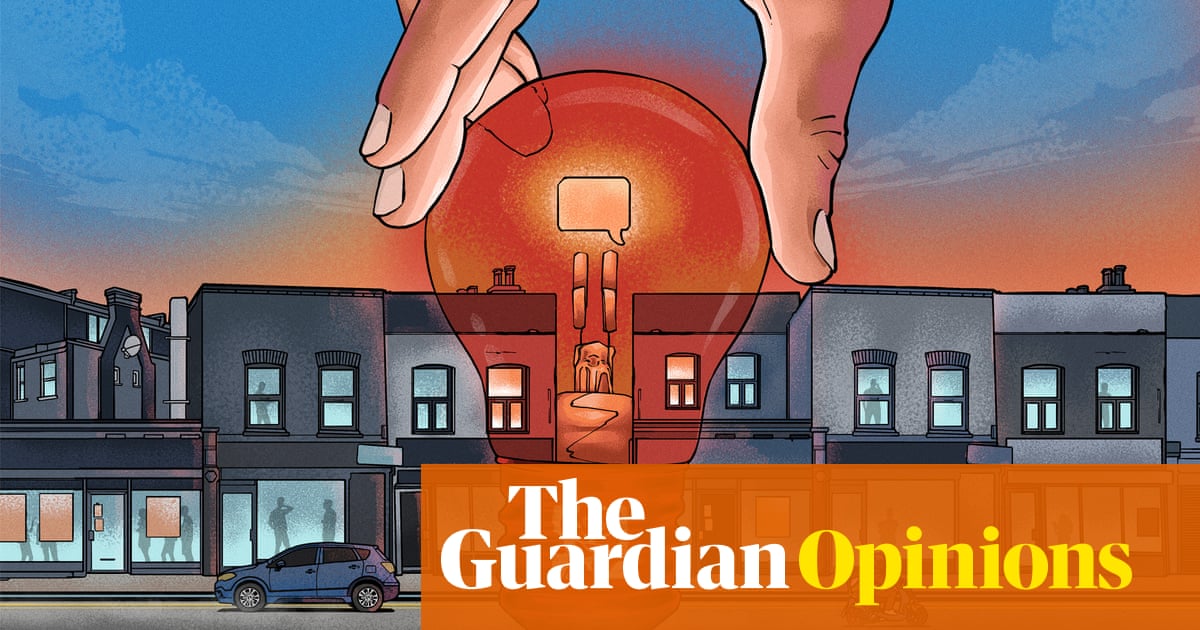
y the time the patient, a young man, reached Dr Ramesh Masthi at a Bengaluru hospital, it was too late to save him. After being bitten by a pack of stray dogs as he went out to buy some milk, his family had applied a paste of green chillis, then lime juice and finally, when the wound looked gruesome, turmeric.
“He came about a week after he was bitten. The wound was serious, and we couldn’t save him. There is so much ignorance about dog bites and myths. A rabies shot in time would have saved him,” Masthi says.
It is this unnecessary loss of human life to rabies that led India’s first Rabies Awareness Summit in early October, organised by the Integrated Health and Wellbeing Council in Delhi and attended by Masthi, to demand the eradication of the disease by 2030.
The only way to achieve this, experts say, is for the Indian government to make rabies a “notifiable” disease like polio or tuberculosis, significantly changing its status. Essentially, it means the government would pay proper attention to it, measuring the incidence rate, monitoring progress, and allocating resources and funds. Health clinics across the country, for example, would have to keep adequate supplies of the rabies shot, as opposed to the current situation, with clinics in remote areas often running out of supplies or lacking trained staff to administer a complete course of shots.
A government programme would need to include a campaign to improve public awareness as well as the crucial matter of vaccinating and sterilising stray dogs.
“Eradicating rabies will take a sustained programme like the one we have for polio, so that measures can be monitored and evaluated. It requires vaccination and sterilisation of dogs, but the political will for all this is largely missing,” says Maneka Gandhi, minister of women and child development and animal welfare activist.
The World Health Organization’s target of ending human rabies deaths globally by 2030 will not be achieved unless India succeeds (it accounts for 36% of cases).
Over the years, India’s stray dog population has grown. It is estimated to be between 35–40 million. Visit any city, town, or village and packs of dogs, usually friendly but sometimes feral, are unavoidable. Going for an evening walk often entails running the gauntlet of a pack.
The animals are usually fed by dog lovers but no one is responsible for vaccinating them. Even if they are vaccinated, but not sterilised, a dog can have several puppies in a year, and the whole cycle begins again.
“When I take my beagle for a walk, I carry a big stick and have to be aggressive to keep the street dogs away. It ruins my enjoyment completely. They are fed by dog lovers but no one takes responsibility for them,” says Avantika Gupta, who lives in New Friends Colony in Delhi.
India has around 20,000 rabies deaths a year. Worldwide, over 59,000 people die every year from rabies, around 40% of them aged under 15.
Dog bites, as opposed to bites from monkeys or bats, cause almost all the cases of rabies in India. Many poor Indians are unaware that it is vital to treat a dog bite immediately. Even if they are aware of this, they often get one or two rabies shots and fail to return for the remainder.
Eliminating rabies requires vaccinating and sterilising the stray dog population. This is not easy. Catching stray dogs – hardy, streetwise animals, not lumbering, overweight labradors – to vaccinate them is a challenge.
The dogs see the dog catchers coming a mile off, setting off a chase which may or may not result in a dog being caught, immobilised and given a shot. Most municipal authorities, already struggling with huge issues of pollution, waste treatment, and homelessness, tend to treat dog vaccination as a low priority.
Dr M K Sudarshan, founder of the Association for Prevention and Control of Rabies in India, believes human rabies is neglected because “it is a disease of the poor”.
Making it a notifiable disease is the only way for it to be taken seriously rather than left as an issue for animal lovers, or those bitten by dogs, to worry about, he says.
“Once it becomes a notifiable disease, for which a law has to be passed, reporting cases will become mandatory. Any doctor or hospital that fails to report cases will be penalised. Making it notifiable will raise its profile hugely,” he says.
This, he cautions, will take time. The government would have to come under pressure from the public, who are currently not well-informed, he says.
Changing the disease’s official status is the key to eradicating rabies. “Only then will people stop treating it as ‘just a dog bite’,” he says.












